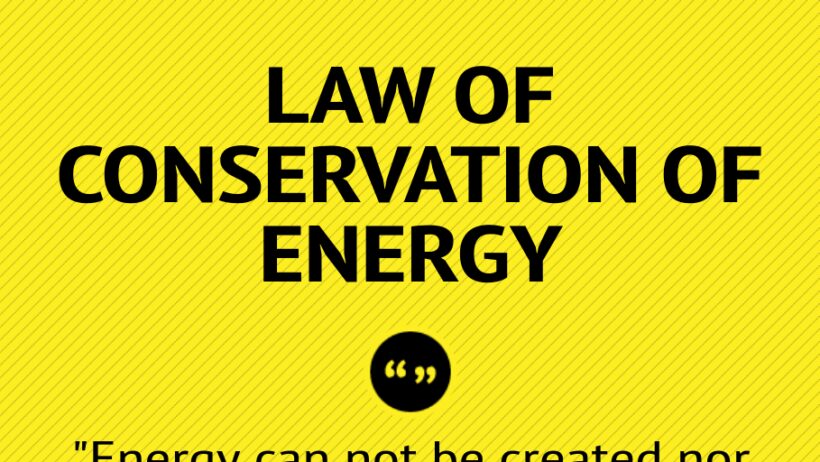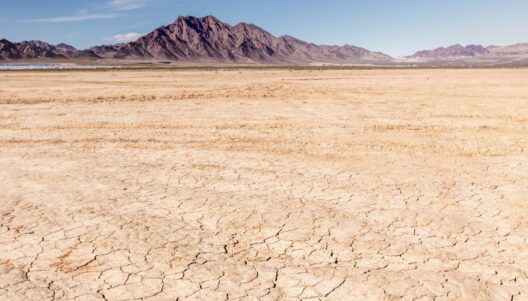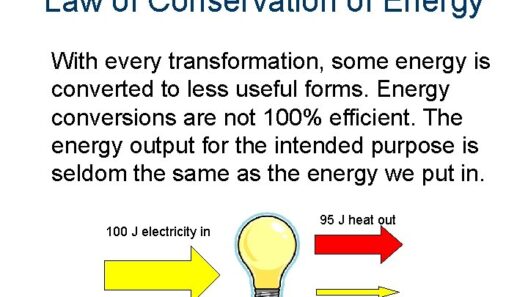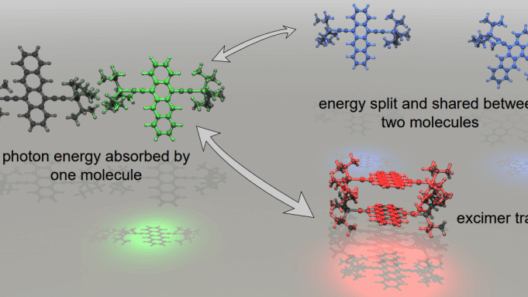The laws of conservation of energy are akin to nature’s steadfast recipe for balance, a cosmic dance where energy sways in a delicate equilibrium, never created nor destroyed, merely transformed from one form to another. To understand these laws is to grasp the very essence of existence, not only in theoretical physics but in practical applications that permeate our daily lives. At its core, the law of conservation of energy posits that the total energy of an isolated system remains constant over time. Energy can change its state—from kinetic to potential, thermal to chemical—but it remains eternally vigilant, a silent sentinel guarding the equilibrium of our universe.
The appeal of this concept is multifaceted. Imagine the universe as a magnificent tapestry woven with vibrant threads of energy. Each action, each reaction, creates a ripple effect, a cascading wave of transformations that highlights the interconnectedness of all things. When you boil water, for instance, you’re transferring heat energy to kinetic energy, causing the molecules within to dance more vigorously. This intricate ballet of energy conversion serves as a poignant reminder of our impact on the world around us.
So, why should you care about the laws of conservation of energy? The implications of energy conservation resonate far beyond the confines of a physics classroom; they reverberate through environmental stewardship, technological innovation, and the quest for sustainable living. Understanding these principles fosters a deeper awareness of resource usage and the inevitable consequences of our energy consumption patterns.
To elucidate this further, let us delve into the foundational concepts underpinning the law of conservation of energy. First and foremost, the principle asserts that energy cannot simply vanish; like a magician’s act, it requires an audience to appreciate its transformations. Take, for instance, the humble light bulb. When you switch it on, electrical energy is transmuted into light energy and thermal energy. However, the total amount of energy expended always equals what is produced. This paradigm provides a basis for understanding energy efficiency: enhancing the conversion process minimizes waste and maximizes output, leading to a more sustainable future.
Moreover, the conservation of energy has profound implications for environmental activism. The world is experiencing an energy crisis, with fossil fuels depleting at alarming rates, simultaneously exacerbating climate change. As global citizens, we must recognize that our reliance on non-renewable resources is unsustainable. Herein lies the crux: by embracing renewable energy sources, such as solar, wind, and geothermal, we align our energy practices with the natural laws governing our universe. Transitioning to renewable energy not only preserves our planet but also adheres to the principles of energy conservation, ensuring that the energy utilized is perpetually replenished by natural processes.
Furthermore, individual practices and lifestyle changes can significantly contribute to this collective effort. From small actions like turning off lights in unoccupied rooms to larger initiatives such as adopting energy-efficient appliances, every decision matters. It is essential to comprehend that energy conservation isn’t merely an abstract notion; it embodies the choices we make on a daily basis. Each conscious effort to minimize energy waste fortifies the movement towards sustainability, fostering a more resilient planet.
An intriguing aspect of the law of conservation of energy is its connection to the concept of entropy. While energy may remain conserved, it inevitably disperses and becomes less available for work over time, which is where entropy, or the measure of disorder, comes into play. The second law of thermodynamics informs us that during any energy transfer or transformation, some energy becomes unuseable, transitioning into a state of more disorder. The pursuit of cleanliness, order, and organization mirrors our desire to reverse this process at a societal level; we seek to make better use of the energy we have. This understanding fortifies the argument for systemic change in energy policies at local, national, and international levels.
Delving deeper, one can draw parallels between the law of conservation of energy and the human condition. Just as energy is never simply lost, so too are the efforts and resources we contribute to our communities and the environment. Every act of kindness, every initiative taken to promote sustainability, contributes to a larger pool of positive energy that creates ripples beyond our immediate sphere. It fosters collective empowerment, inciting a communal response to global challenges. When one individual chooses to minimize their energy footprint, they inspire others to follow suit. This phenomenon highlights the psychological aspect of energy conservation; it taps into the human desire for unity, purpose, and belonging.
In conclusion, ignoring the laws of conservation of energy equates to ignoring the very fabric of existence. It is a reminder of our profound connection to the universe and our responsibility to maintain the equilibrium that sustains us. Awareness of these laws advocates for a thoughtful approach to resource consumption, emphasizing education, innovation, and communal action. Ultimately, the conservation of energy is not merely about reducing consumption; it is about fostering a mindful relationship with our environment. Such an ethos safeguards not just our present but also the future of generations to come. The dance of energy continues; let us ensure that it is a harmonious one.







